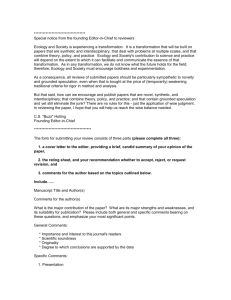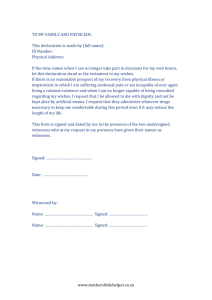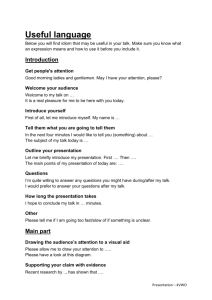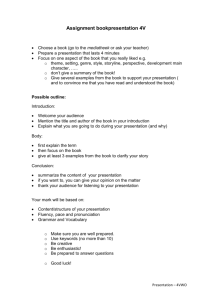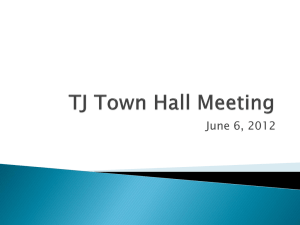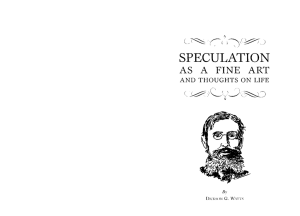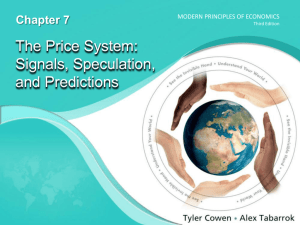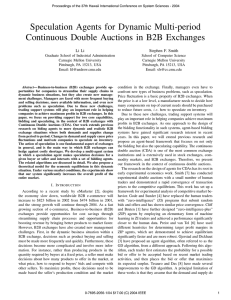"inviting speculation" from child witnesses leads to false testimony
advertisement
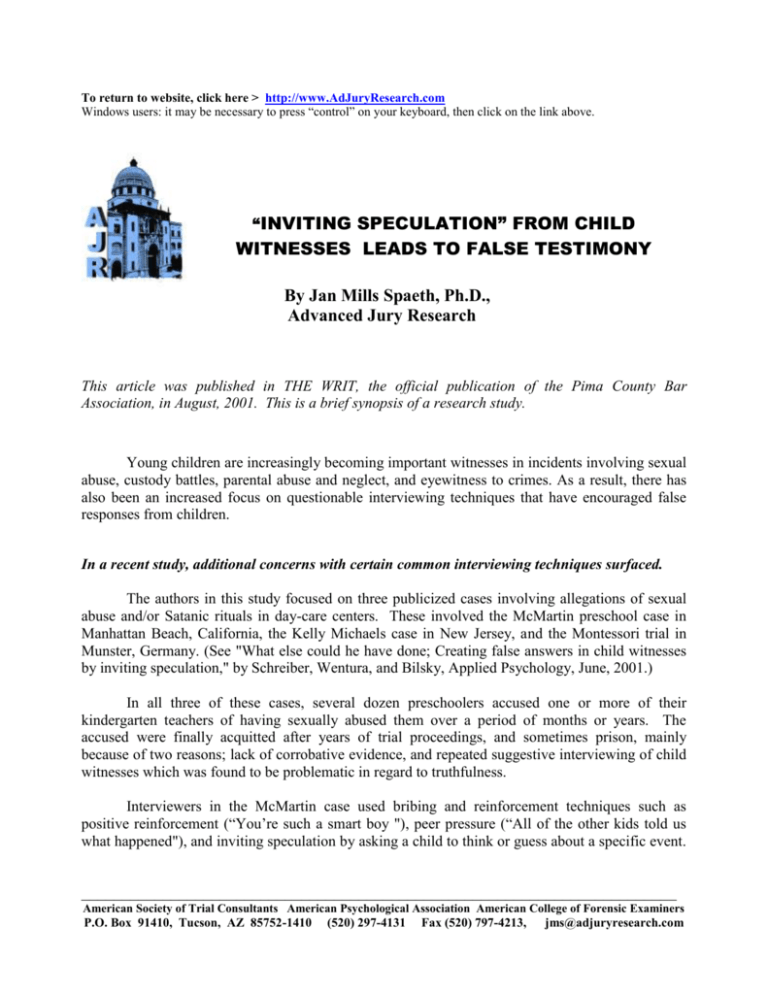
To return to website, click here > http://www.AdJuryResearch.com Windows users: it may be necessary to press “control” on your keyboard, then click on the link above. “INVITING SPECULATION” FROM CHILD WITNESSES LEADS TO FALSE TESTIMONY By Jan Mills Spaeth, Ph.D., Advanced Jury Research This article was published in THE WRIT, the official publication of the Pima County Bar Association, in August, 2001. This is a brief synopsis of a research study. Young children are increasingly becoming important witnesses in incidents involving sexual abuse, custody battles, parental abuse and neglect, and eyewitness to crimes. As a result, there has also been an increased focus on questionable interviewing techniques that have encouraged false responses from children. In a recent study, additional concerns with certain common interviewing techniques surfaced. The authors in this study focused on three publicized cases involving allegations of sexual abuse and/or Satanic rituals in day-care centers. These involved the McMartin preschool case in Manhattan Beach, California, the Kelly Michaels case in New Jersey, and the Montessori trial in Munster, Germany. (See "What else could he have done; Creating false answers in child witnesses by inviting speculation," by Schreiber, Wentura, and Bilsky, Applied Psychology, June, 2001.) In all three of these cases, several dozen preschoolers accused one or more of their kindergarten teachers of having sexually abused them over a period of months or years. The accused were finally acquitted after years of trial proceedings, and sometimes prison, mainly because of two reasons; lack of corrobative evidence, and repeated suggestive interviewing of child witnesses which was found to be problematic in regard to truthfulness. Interviewers in the McMartin case used bribing and reinforcement techniques such as positive reinforcement (“You’re such a smart boy "), peer pressure (“All of the other kids told us what happened"), and inviting speculation by asking a child to think or guess about a specific event. _________________________________________________________________________ American Society of Trial Consultants American Psychological Association American College of Forensic Examiners P.O. Box 91410, Tucson, AZ 85752-1410 (520) 297-4131 Fax (520) 797-4213, jms@adjuryresearch.com Inviting Speculation From Child Witnesses, Jan Mills Spaeth, Page 2 The Kelly Michaels case used aversive techniques, such as negative consequences and repeated questioning until children gave the "right" responses. Like the McMartin case, the Munster case employed a good deal of “inviting speculation” with the child witnesses, along with the other techniques. Because there has been relatively little research on the effects of "inviting speculation" in children, the authors of this article conducted a study to determine its effects on truthfulness. The technique of "inviting speculation" consists of three different aspects, (a) asking children to pretend or imagine events, (b) asking children to think really hard, ("What do you think happened?) and (c) using the conditional tense in a question ("What could he have done with that spoon?"). This technique is typically used when children have not provided answers on their own, either because of social or emotional barriers or because there is no memory of the event. These researchers found that the technique of "inviting speculation" consistently resulted in more false responses by children, especially in those without strong memories of an event. Weeks to months down the road, these speculative responses would often be misinterpreted by the children as actual memories. In addition to the concern that the technique of "invited speculation" can create false memories in children, it was found that this technique gave children "permission" in their minds to be creative, to play games, and to guess. Because children do not usually realize the consequences of their allegations, this speculation technique can have serious repercussions. It is important to insure that this technique is not been used to elicit testimony from child witnesses in your cases. To return to website, click here > http://www.AdJuryResearch.com Windows users: it may be necessary to press “control” on your keyboard, then click on the link above.

